Posts Tagged ‘Ceasefire’ (57 found)
New report by Network for Human Rights Documentation – Burma Details Continuing Human Rights Violations by Burmese Military against its Citizens
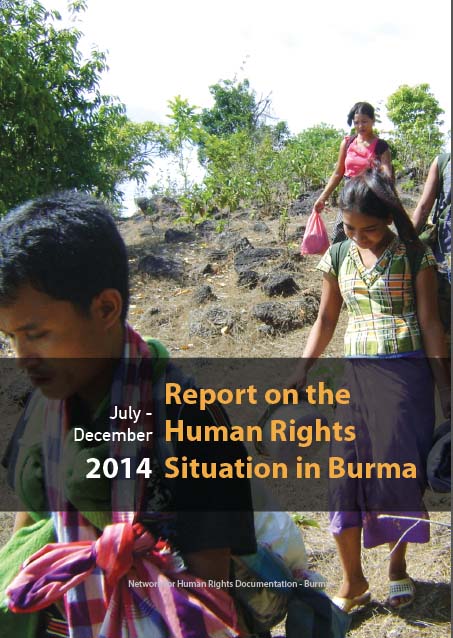 ND-Burma has published its periodic report covering the second-mid period of 2014 and focuses on 107 documented cases of human rights violations in Burma from July to December 2014. The violations documented during these six months occurred in areas of armed conflict but also in areas covered by ceasefires.
ND-Burma has published its periodic report covering the second-mid period of 2014 and focuses on 107 documented cases of human rights violations in Burma from July to December 2014. The violations documented during these six months occurred in areas of armed conflict but also in areas covered by ceasefires.
ND-Burma’s findings demonstrate that, despite progress in reaching ceasefire agreements with non-state armed groups, the government has made little progress protecting the human rights of its citizens. Furthermore, continued arrests of human rights defenders demonstrate that the government is not serious about working with civil society to protect human rights […]
• • •Burma Army Kill Villager in Front of His Parents, then Force over 1,200 Villagers to Demonstrate Against “Insurgents” for Killing Civilians in Murng Yawng
Burma Army kill villager in front of his parents, then force over 1,200 villagers to demonstrate against “insurgents” for killing civilians in Murng Yawng
On December 12, 2014, Burma Army troops from LIB 573 shot and killed a 32-year-old mentally ill villager, Sai Sarm Tip, at his house in front of his parents, in the village of Wan Tinn, in Murng Yawng, eastern Shan State. The troops had surrounded the house, ordered Sai Sarm Tip to come out, then shot him as he stepped outside […]
• • •Protection and Security Concerns in South East Burma/ Myanmar
The peace process in Burma/Myanmar1 is at a critical juncture from which it could evolve into a transformative national dialogue or splinter into a divisive charade. While hopes for substantive and inclusive discussion about structural injustice remain, ongoing militarisation and attacks by the national armed forces2 are undermining the confidence of ethnic stakeholders. This report seeks to highlight the protection and security concerns of conflict-affected communities. […]
• • •What Refugees Say…
Between March‐April this year, focus group discussions were held with temporary returnees to SE Burma/ Myanmar from all 9 refugee camps along the Thailand‐Burma/ Myanmar border. The aim was to gain a snapshot of individual perspectives and concerns on current conditions on the ground, rather than conducting a formal survey representational of the whole refugee caseload.
The consultations focused on the conditions in the areas they returned to, the changes they and residents in those areas had detected since recent political and military shifts in the country, and their perceived current barriers to return.
The participants were identified by Section Leaders, with criteria that they must have returned to SE Burma/ Myanmar since the ceasefires were brokered, be adults, and that there should be some gender equity amongst them. In total, 85 temporary returnees participated in the consultations, with 35% being female. Over 100 others, comprising senior community leaders and CBO staff were also engaged through the process, although the main findings in this report only reflect the perspectives of those who had recently returned to their country of origin […]
• • •55 Organisations Worldwide Call for Action for Peace on Kachin Anniversary
Three years ago today, the Burma Army broke a 17-year ceasefire with the Kachin Independence Army (KIA) and unleashed a major new military offensive against the Kachin people. Since 9 June 2011, over 120,000 Kachin people have been displaced, forced to flee their homes. At least 200 villages have been destroyed. A humanitarian emergency unfolded, with a desperate need for shelter, food and medical care. As the Kachin Peace Talk Creation Group has said, “the impact of the war this time has been enormous. Many have lost land, plantations […]
• • •Truce or Transition? Trends in Human Rights Abuse and Local Response in Southeast Myanmar Since the 2012 Ceasefire
In January 2012, the Myanmar government and the Karen National Union (KNU) signed a preliminary ceasefire agreement, bringing to a halt what is often referred to as the world’s longest-running civil war. This conflict engendered severe human rights abuse of civilians at the hands of a range of armed actors, primarily at those of the Myanmar Armed Forces (Tatmadaw). The ceasefire and other recent political developments in Myanmar have altered the ways in which human rights abuse is experienced by Karen people in the Southeast, and transformed the context within which these abuses can be addressed. This report aims to demonstrate how trends in human rights abuse have changed during the post-ceasefire period […]
• • •ျပည္ေထာင္စုျငိမ္းခ်မ္းေရးေဖာ္ေဆာင္ေရး လုပ္ငန္းေကာ္မတီႏွင့္ လက္နက္ကိုင္ တိုင္းရင္းသားအဖြဲ႕အစည္းမ်ား၏ တစ္ႏိုင္ငံလံုး ပစ္ခတ္တိုက္ခိုက္မႈမ်ားရပ္စဲေရး ေတြ႕ဆံုေဆြးေႏြးပြဲ ပူးတြဲထုတ္ျပန္ေၾကညာခ်က္
ျပည္ေထာင္စုျငိမ္းခ်မ္းေရးေဖာ္ေဆာင္ေရး လုပ္ငန္းေကာ္မတီႏွင့္ လက္နက္ကိုင္ တိုင္းရင္းသားအဖြဲ႕မ်ားတို႕သည္ တစ္ႏိုင္ငံလံုး ပတ္ခတ္တိုက္ခိုက္မႈမ်ားရပ္စဲေရး လက္မွတ္ ေရးထိုးႏိုင္ေရးအတြက္ ေတြ႕ဆံုေဆြးေႏြးပြဲကို ၂၀၁၃ ခုႏွစ္၊ ႏိုဝင္ဘာလ (၄) ရက္ႏွင့္ (၅) ရက္ေန႕မ်ားတြင္ ကခ်င္ျပည္နယ္၊ ျမစ္ၾကီးနားျမိဳ႕၊ မဂၽြယ္ခန္းမတြင္ က်င္းပျပဳလုပ္ခဲ့ပါသည္။ ယင္းေဆြးေႏြးပြဲသို႕ […]
• • •Joint Press Release
The MWMWN and KCSN today strongly condemned the Burmese government’s practice of granting mining contracts in conflict zones in Karenni State as a new form of military offensive.
There has been a dramatic increase in mining projects in Karenni State following the ceasefire agreement between the Karenni National Progressive Party (KNPP) and Thein Sein’s government in March 2012 […]
• • •Burma’s Plans to Expand Mawchi Tin Mines Risk Derailing Karenni Peace Process
The Burmese government’s plans to expand the Mawchi tin mines are in violation of its latest ceasefire agreement with the Karenni National Progress Party (KNPP) and should be stopped immediately.
In the past few months, new roads and housing have been built by a Chinese company, in preparation for large-scale expansion of the Mawchi mines around Saethongon village. The villagers were told last year they must leave their homes when the expansion begins but have been given no other information […]
• • •
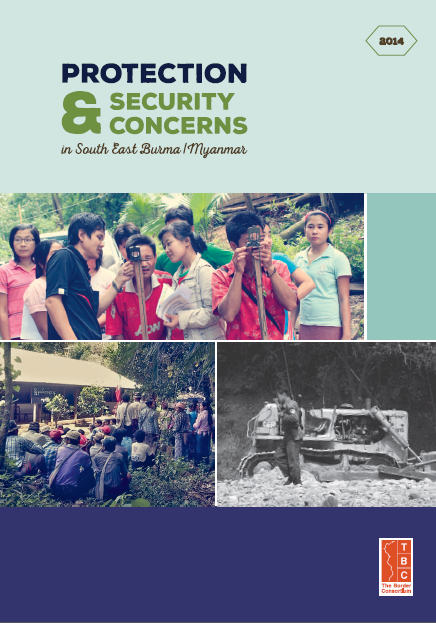
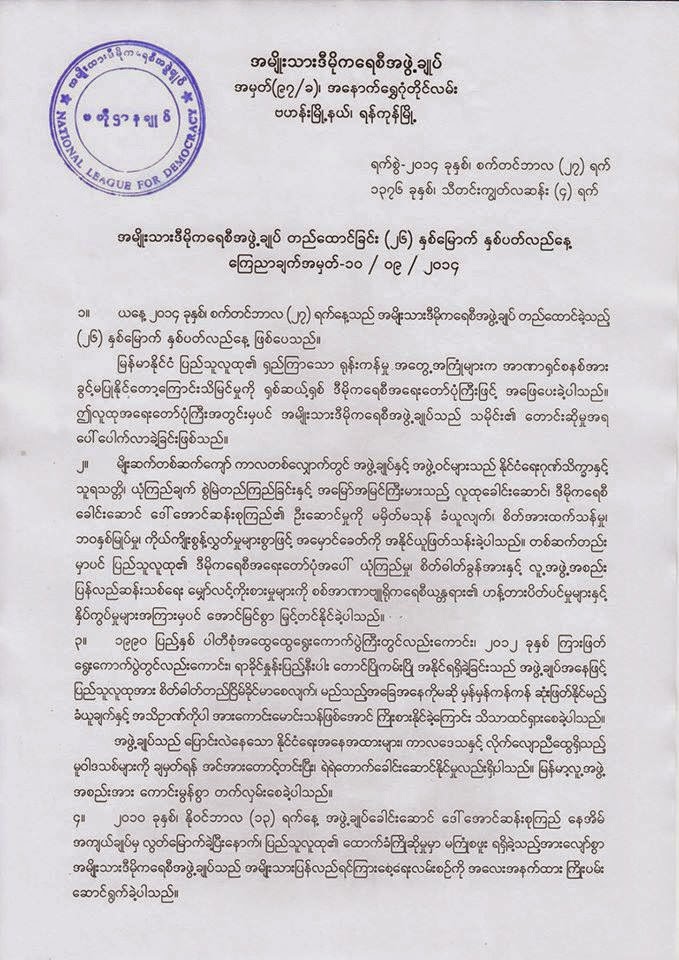
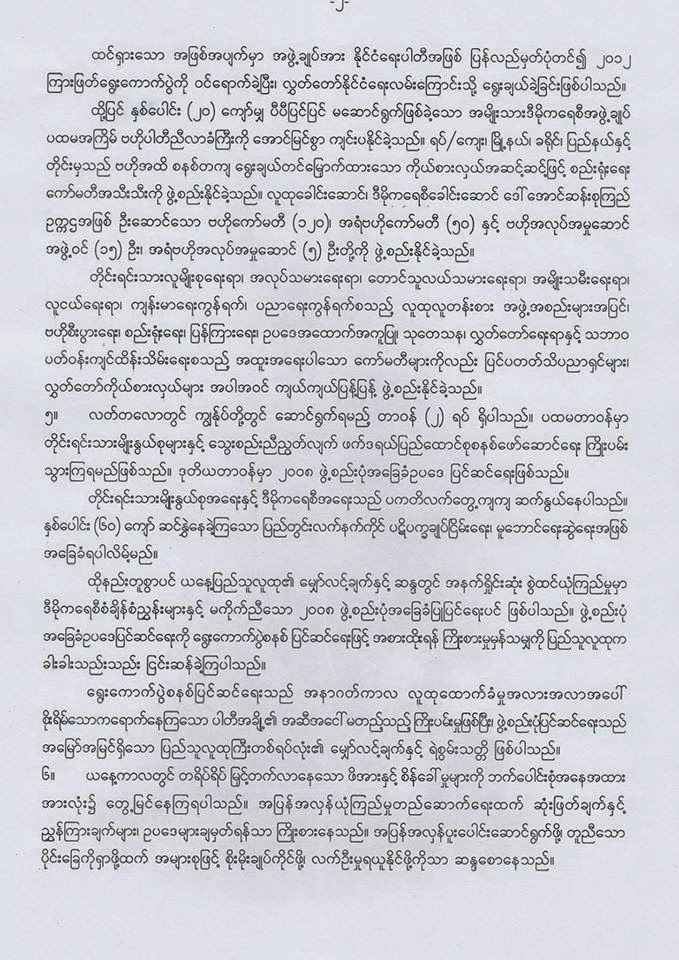
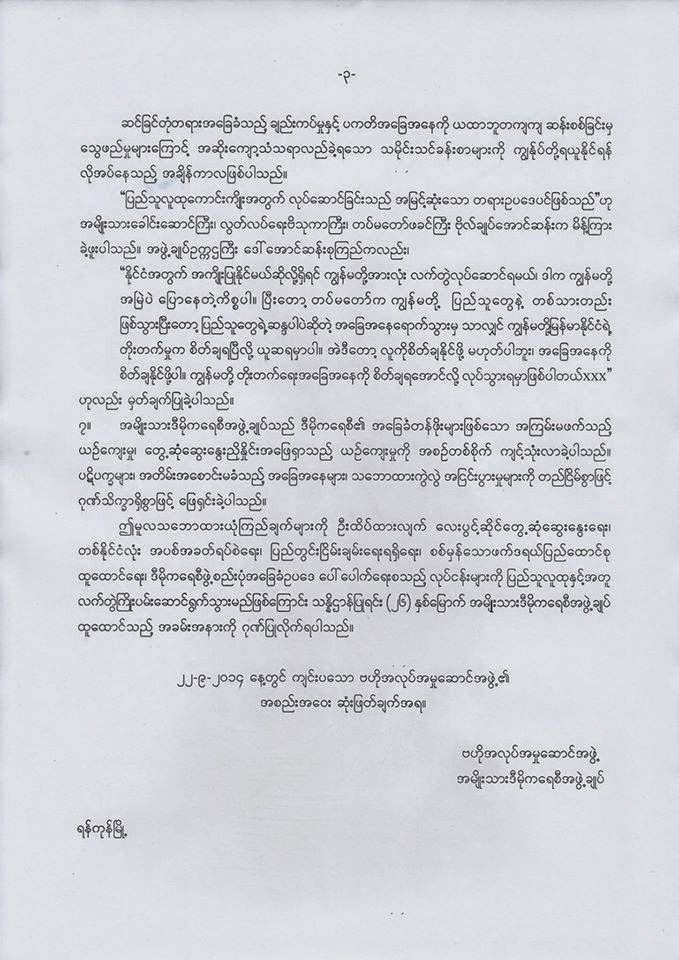
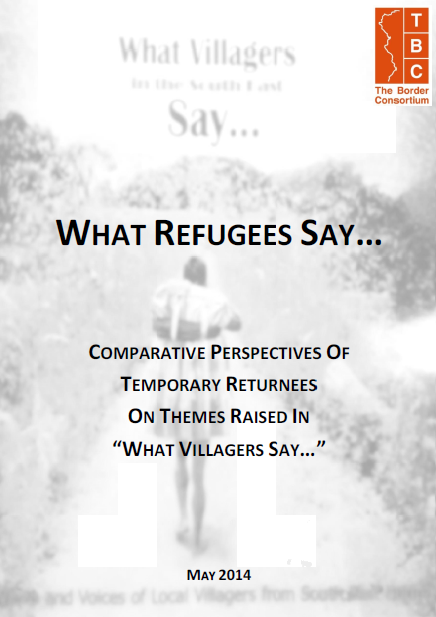
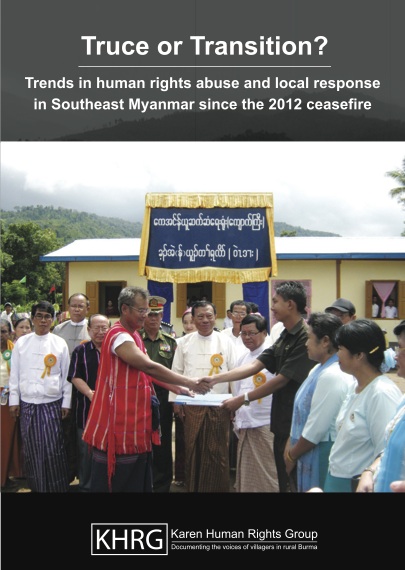








 All posts
All posts